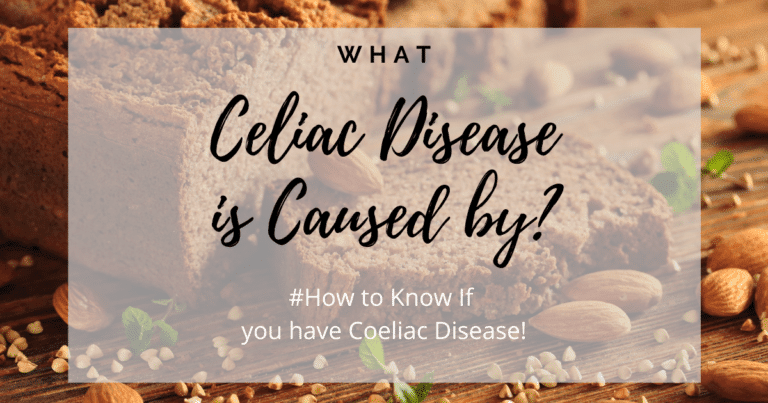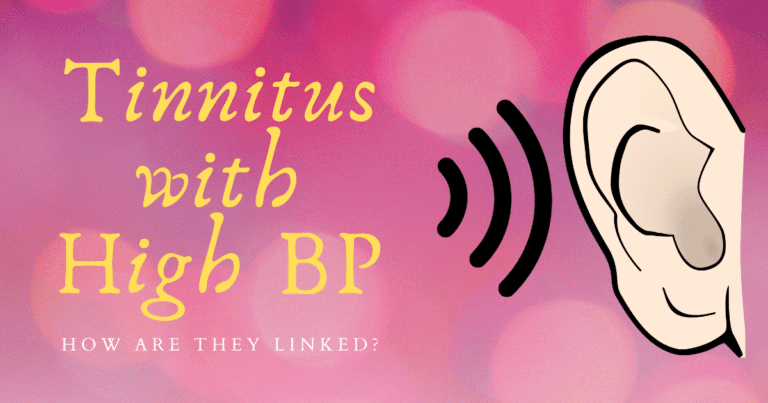Living with an invisible ailment such as Inflammatory Bowel Disease (IBD) can result in isolating experiences and complex emotional upheavals. The physical discomforts and emotional stress induced by IBD are substantial, often leaving the individual grappling with a host of emotions and anxieties about their health.
Delving into the realm of IBD helps us comprehend its nuances and the myriad ways in which it affects one’s quality of life. Subsequently, the emergence of IBD support groups becomes crucial in providing a cushion of comfort and understanding, prompting heartening conversations and fostering a sense of belonging.
In this article, we shall explore the role and importance of these groups for sufferers of IBD with the aim of hopefully providing enough insight for people who may want to consider taking this step.
If this is something that you feel may be useful Information then please keep reading. We hope this article can be helpful and if you or someone you know has IBD then we hope this can give you the information you are looking for. Now, So let’s get started…
IBD Support Groups: Understanding their Role and Importance
For those who are looking for IBD support groups, there are a few to try. Before we continue I will share a quick list below.
- The Crohn’s & Colitis Foundation
- Connecting to Cure
- Hoag IBD Virtual Support Group
- UMass Memorial Children’s Medical Center
- IBD Support Foundation
- Color of Crohn’s and Chronic Illness
- IBDesis
- Girls with Guts
Alternatively, for those interested in learning about how these groups work and what they are all about then please keep reading>>>
What is IBD and its Impacts On Everyday Living
Inflammatory Bowel Disease (IBD) is a term that typically covers two significant conditions: Crohn’s disease and Ulcerative Colitis. Both of these conditions are chronic illnesses that cause inflammation within the digestive tract. While the symptoms can fluctuate in severity, they commonly include extreme fatigue, severe diarrhea, abdominal pain, unexplained weight loss, and blood in the stool.
Crohn’s disease can occur anywhere in the digestive tract, while ulcerative colitis primarily affects the colon.
The Effect of IBD on Individuals
Inflammatory Bowel Disease (IBD) has a far-reaching effect that goes beyond physical well-being. The unpredictable nature of flare-ups and associated symptoms results in significant emotional and psychological strain. Individuals with these conditions often confront societal stigma and personal embarrassment due to the urgent and frequently uncontrollable need for a bathroom.
Besides causing anxiety and depression, IBD can lead to impaired social, personal, and occupational engagements owing to pain, fatigue, and the uncertainty of disease outcomes. This often results in an increased sense of isolation and a reduction in the quality of life. Given these significant challenges, it’s clear that IBD support groups are an essential tool for individuals navigating life with this condition.

Understanding IBD Support Groups
Understanding IBD Support Groups
IBD support groups offer a communal platform for those living with gastrointestinal diseases, namely Ulcerative Colitis and Crohn’s Disease—both under the umbrella of IBD. These groups foster an environment where members can share experiences, acquire essential information, and receive emotional bolstering.
They’re primarily organized by the patients themselves, healthcare professionals, or not-for-profit organizations focused on alleviating the burden of this disease. The groups can be found in various formats: online communities, in-person gatherings, or professional counseling sessions.
Digital platforms like websites, social media, and specialized apps provide a means for online support, while in-person groups often organize regular meetups in public places or health facilities. Counseling services can even include strategies such as cognitive behavioral therapy, helping individuals manage the psychological effects of their condition better.
The Advantages of Participating in an IBD Support Group
The numerous benefits derived from joining an IBD support group are immeasurable. Primarily, these groups help to diminish the feelings of loneliness that patients commonly experience, which considerably uplifts their overall emotional well-being and indirectly bolsters their physical health.
Members gain an opportunity to;
- Exchange management techniques for symptoms,
- Discuss various treatment options,
- Stay updated on recent medical breakthroughs, and
- Acquire practical advice on navigating daily life amidst their conditions.
The exchange of knowledge that these groups foster is priceless, offering real-time insights and personal experiences that are often not found in medical literature or healthcare provider advice. Support groups typically attract individuals diagnosed with IBD, but they also welcome family members and close friends, helping them to gain a better understanding of the condition and how to provide effective support.

How IBD Support Groups Help
Understanding Inflammatory Bowel Disease (IBD) Support Groups
IBD Support Groups often serve as a vital support system for those coping with this challenging condition. They offer a compassionate and understanding atmosphere in which individuals can share their experiences, apprehensions, and coping mechanisms.
Emotions can often become overwhelming when living with such a disabling, unpredictable, and often misunderstood disease. A support group provides the understanding and camaraderie that can help demystify a new diagnosis, provide motivation during a flare-up, or offer solace during challenging times.
Crucial Information Resource
These support groups also act as a crucial information resource. People who have been living with IBD for a while often have a wealth of knowledge about the disease, its various treatments, and how to deal with its ramifications in daily life. For instance, one member named Sally learned about a new treatment option for her Crohn’s disease at her group meeting, which her consultant later agreed was a good option for her to try.
Another member, David, shared how he attended a group meeting feeling extremely depressed and anxious about an upcoming surgery. However, talking to group members who had already undergone similar surgeries greatly helped him reduce his anxiety.
Practical Guidance and Tips
IBD support groups extend beyond being a space where members garner emotional comfort; they are a hub for sharing practical solutions and tips to effectively manage and control IBD symptoms. For instance, the life-altering impact of keeping a food diary in effectively controlling IBD flare-ups is an invaluable piece of advice shared by Emma, a chronic sufferer of Ulcerative colitis, within her support group.
Clearly, these groups are so much more than merely a platform of shared experiences; they proffer tangible strategies to better manage the disease.

Finding the Right IBD Support Group
Researching an Inflammatory Bowel Disease (IBD) Support Group
Securing the right IBD support group requires some due diligence. It’s pivotal to have confidence in the group’s authenticity and reputation, which can be discerned by looking into the background, purpose, and organizer of the group. Trustworthy support groups are often in association with eminent bodies such as the Crohn’s and Colitis Foundation and the IBD Support Foundation.
These renowned organizations extend their reach beyond merely arranging support group meetings, with a range of services, which encompass online forums, phone helplines, informative services, and awareness drives.
What Has the Group Got to Offer?
The quality of group meetings is also a key consideration. This can be gauged by asking what topics are covered in the meetings and how these topics are discussed. An effective support group focuses on both emotional support and factual information about the disease. It’s also crucial to enquire about the frequency of meetings, confidentiality policies, the format of meetings, and whether medical professionals are involved.
When finding the right IBD support group, never hesitate to ask questions or seek feedback from past members. This can provide an understanding of whether the group is right for you. Websites like Meetup.com can help identify local IBD groups, and social media platforms are also useful for finding online groups. Just remember, the right IBD support group should make you feel understood, accepted, and equipped with better strategies to deal with your condition.

In Conclusion
The journey of coming to terms with and managing IBD is unique for everyone, but finding solace in shared experiences and providing mutual support can be an empowering tool. Identifying the right support group serves as a beacon of hope and a reservoir of resources, enabling individuals to navigate their journey chronically with greater self-assurance and lesser isolation.
The strength of such communities is collectively generated and teamed with the courage, resilience, and unity of its members. Hence, these support groups stand as a testament, not only to human vulnerability but also to immense adaptability and courage.
To learn more about IBD please feel free to check out our category page HERE for our other posts<<


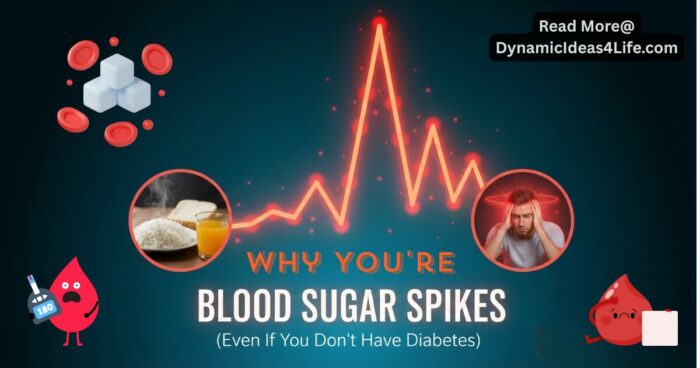
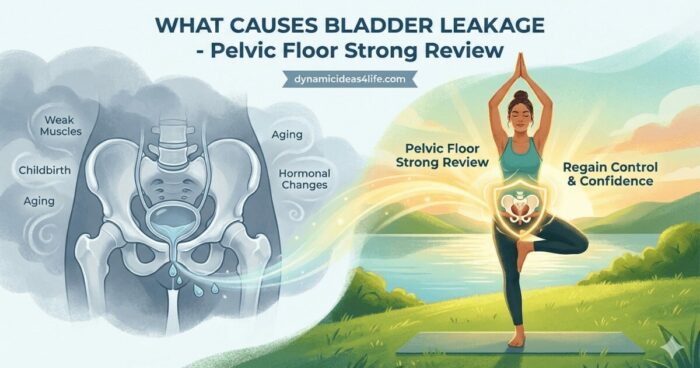

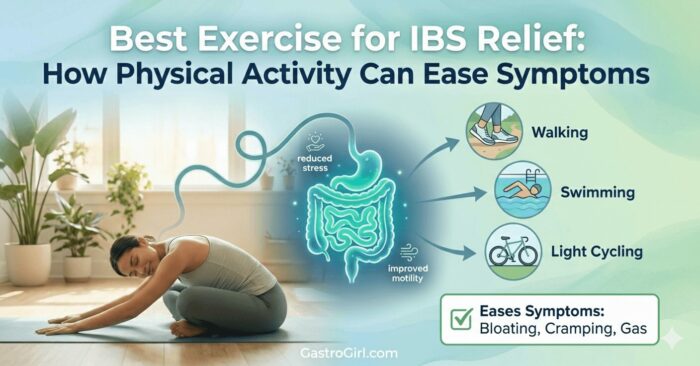
Anxiety and Depression BiOptimizers blood pressure supplements blood sugar control blood sugar support supplements cognitive function digital products Dr Sam Robbins Exercise Gut Health Healthy Living heart health HFL how to lower blood sugar levels How To Lower Cholesterol insulin resistance joint health supplement Keto keto dieting Keto Diet Weight Loss leaky gut supplements leptin resistance list Magnesium deficiency Matt Gallant mental health multivitamins Nootopia Nootropics nutrient supplements Probiotics Probiotic Supplements proteolytic enzymes reverse type 2 diabetes stress and anxiety stress relief Supplements vitabalance vitapost Wade Lightheart weight loss articles weight loss diet plans weight loss product reviews weight loss supplements weight loss tea


